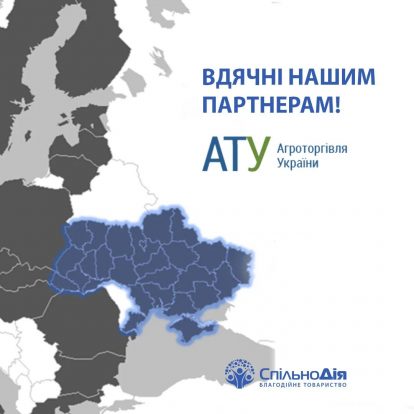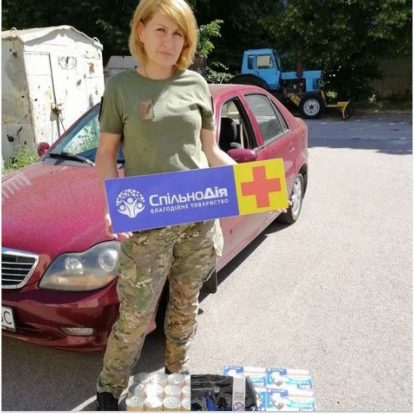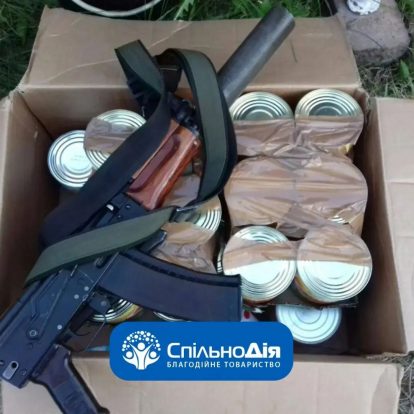In total, Canada has imposed sanctions on more than a thousand individuals and legal entities for the war in Ukraine.
The seizure of frozen russian assets will include a draft Canadian budget for next fiscal year
The Canadian authorities have allowed the confiscation of sanctioned russian assets for further transfer to Ukraine for post-war reconstruction. This was announced on Friday evening, June 24, Reuters.
It is reported that the bill proposes a number of measures, including a two-year ban on the purchase of housing by foreign nationals, as well as the right to confiscate and sell assets responsible for russia’s invasion of Ukraine.
It is also reported that the 450-page document has passed the upper house of any changes and will become law after the formal royal consent.
In addition, according to European Truth, the Prime Minister of Canada, in consultation with the Ministry of Finance and the Department of Foreign Affairs, may transfer the proceeds from the sale of confiscated assets to:
- reconstruction of a foreign state, which was negatively affected by a gross violation of international peace and security;
- restoration of international peace and security;
- compensation to victims of gross violations of international peace and security, gross and systematic human rights violations or large-scale corruption.
The head of the Office of the President of Ukraine Andriy Yermak has already reacted to the news. According to him, the changes also provide for the transfer of confiscated property to another state.
“In the case of Ukraine, this means that Canada will be able to confiscate russian assets frozen on its territory and hand them over to Ukraine. This is the first precedent of strengthening such a mechanism in the legislation after the start of the war,” – he added.
Canada was one of the first Western countries to impose sanctions on russia for its aggression against Ukraine. In early March, the Canadian government announced an embargo on russian oil imports. In total, Canada has imposed sanctions on more than a thousand individuals and legal entities for the war in Ukraine.
Back in late April, Canadian Foreign Minister Melanie Jolie announced that the government was preparing changes to the law that would allow the transfer of foreign assets arrested under sanctions to compensate victims or for post-war reconstruction. According to her statement at the time, this should allow the transfer of confiscated russian assets to Ukraine, against which russia has declared war.
In late March, the European Commission and the Government of Canada announced that in partnership with the international human rights organization Global Citizen, they were launching a global Stand Up For Ukraine fundraising campaign to support people fleeing russia’s invasion of Ukraine. The campaign aims to mobilize governments, institutions, companies, artists and individuals to raise funds to support humanitarian efforts in Ukraine and neighboring countries, according to Deutsche Welle.
The confiscation of the assets of russians under sanctions in order to compensate for the damage caused by Russia in the war against Ukraine was also supported by the President of the European Council Charles Michel, although he acknowledged certain legal difficulties in implementing this plan. The possibility of European countries withdrawing the frozen assets of the russian Central Bank and using them to rebuild Ukraine after the war was also mentioned by the High Representative of the European Union for Foreign Affairs and Security Policy Joseph Borrell.
According to https://zaxid.net









